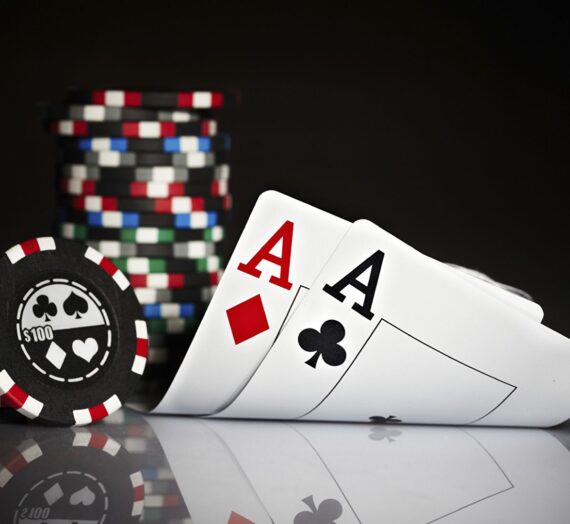Every spin of the roulette wheel, every slick flip of a card, looks like pure chance to the casual observer. Dig a layer deeper, though, and you’ll find an ecosystem of cold blooded decision makers who treat Casino (娛樂城) floors like graduate level statistics labs. These professional gamblers aren’t sipping complimentary drinks while hoping luck drifts their way; they’re running live action experiments in probability, expectation, and risk management—often with bankrolls that would make an algorithmic trader nod in respect.
At the heart of their craft is edge hunting. Walk past rows of glittering slot machines and you’ll see players dazzlingly loyal to one lever. Professionals move the opposite way, stalking any game that leaks a fraction of advantage. They do it with tools most weekend visitors never bring: handheld variance calculators, spaced repetition flashcards of card counting indices, and real time logbooks that track streaks as critically as a data scientist tracks outliers. If a rule tweak drops the house edge from 1.2 % to 0.5 %, they’re on it faster than the felt cools under a fresh deck.
But knowing the math is only half the hustle. The real show starts with bankroll partitioning, a phrase that sounds painfully dull until you realize it’s how pros survive the inevitable losing bursts that terrorize unprepared wallets. Imagine a bankroll sliced into dozens of tiny “position units.” A player may wager only one unit per hand in blackjack, never two, no matter how seductive the shoe appears. This disciplined flat bet structure tames the brutal swingy nature of short term variance, allowing the edge—often as slim as a few hundredths of a percent—to blossom over thousands of hands.
Then comes stealth strategy. Casinos monitor betting patterns with the fervor of online platforms watching click through rates. Professionals rotate tables, adjust bet denominations in randomized sequences, and sometimes misplay trivial hands to muddy profiling software. The objective isn’t just winning; it’s preserving longevity. A advantage that nets five figures in a weekend is worthless if security escorts you out on Saturday night.
Technology amplifies every move. Some run computer simulations on cloud servers between sessions, refining play sequences the same way a chess engine trains openings. Others livestream data to encrypted notebooks, updating Bayesian priors on slot machine payout distributions. What looks like hunch based “hot machine” chasing is often a statistically driven scan for subtle deviations in return to player percentages.
Ultimately, professional gambling thrives on a paradox: respect chaos, but never trust it. A run of ten red numbers in roulette doesn’t tempt them into superstition; it alerts them to possible wheel bias or just resets their expectation to the long term mean. Where casual players beg fate for mercy, pros harness volatility as raw material—measured, logged, and capitalized upon one calculated wager at a time.

